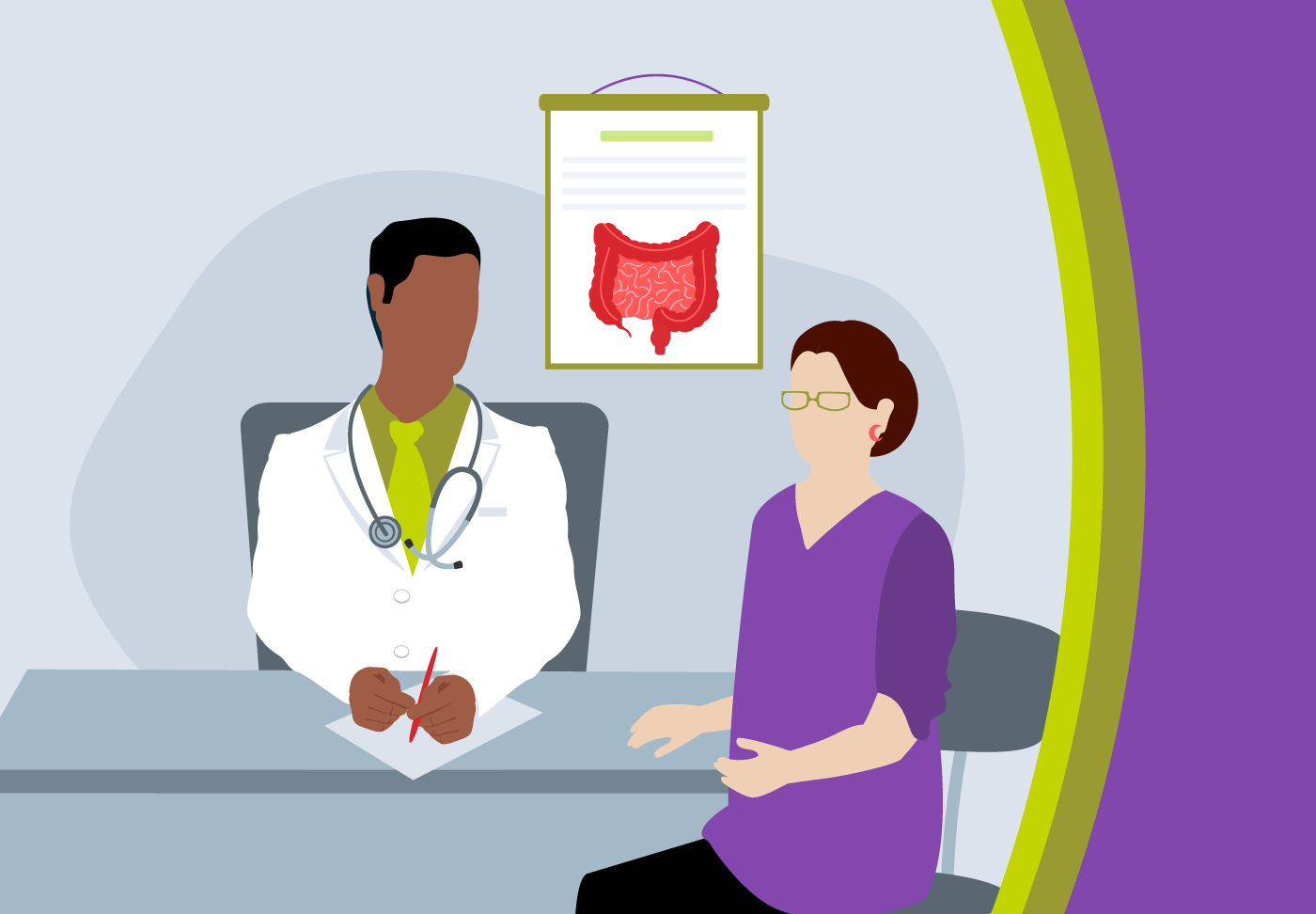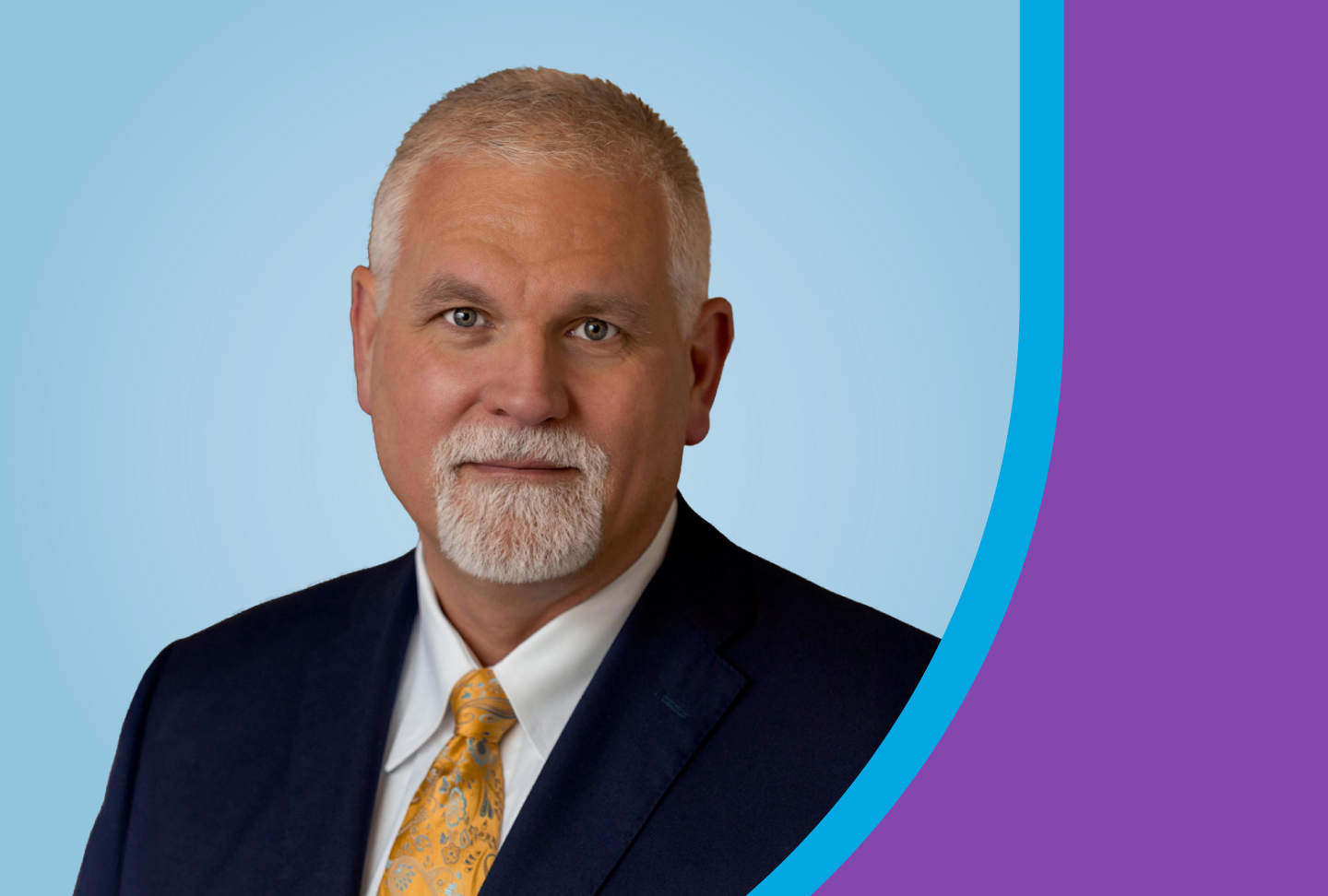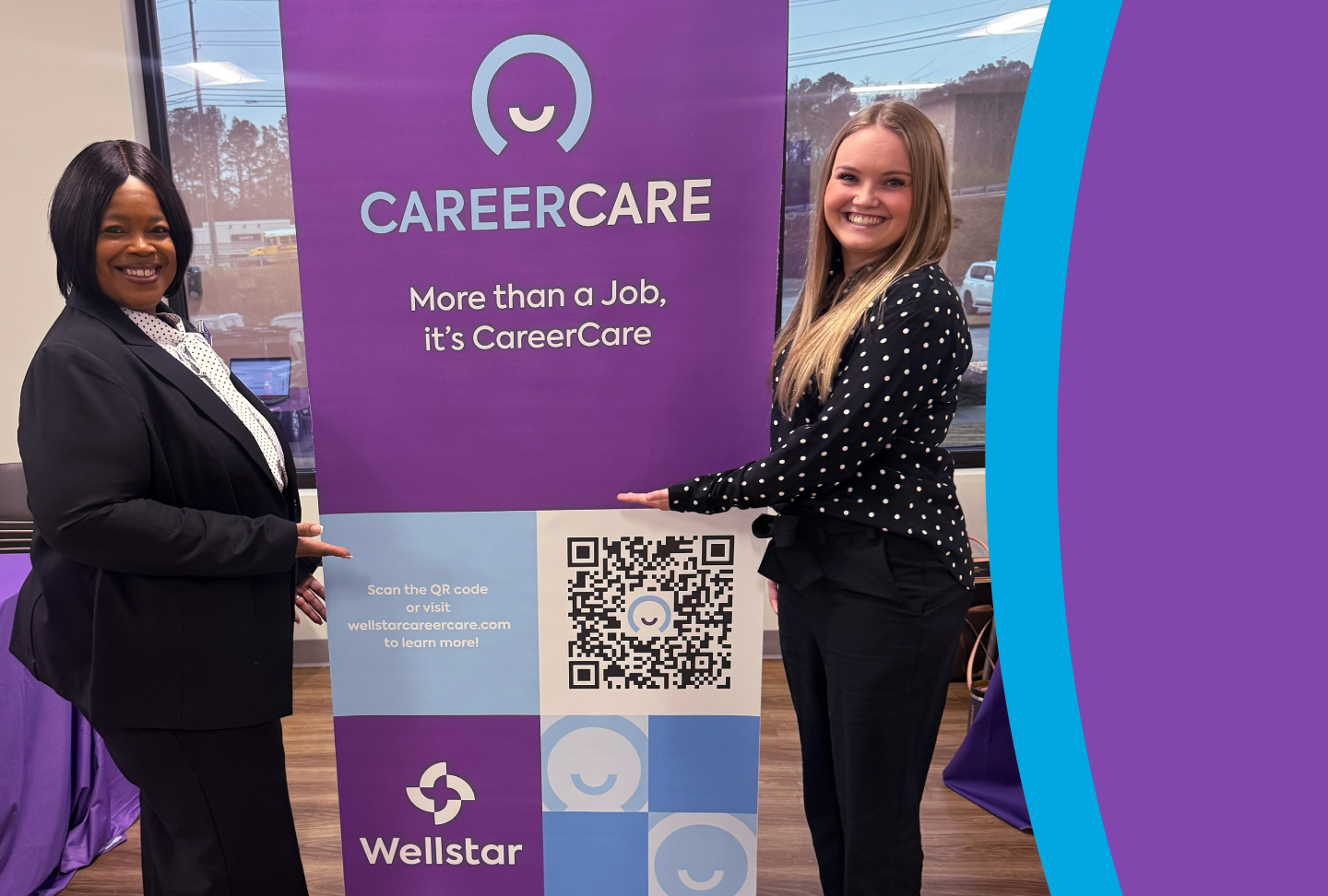Importance of Colon Cancer Screening
Why early detection saves lives
By Dr. Benjamin Renelus, Wellstar gastroenterologist
Published on March 17, 2025
Last updated 11:47 AM March 17, 2025

Tags
Benjamin Dwight Renelus Douglas Medical Center Media RoomRelated Articles

Newsroom
Thomas A. Kruse Selected as Wellstar Health System’s Executive Vice President and Chief Strategy and Growth Officer
Wellstar personalizes the patient experience. We call it PeopleCare and it's only possible thanks to our 34,000 team members who provide expert, compassionate care for every stage of life. PeopleCare also means we serve our communities as a nonprofit health system, providing more than $1 billion annually in charity care and community programs and operating the largest integrated trauma network in the state of Georgia. We embrace innovation and technology, nurture early-stage companies through our venture firm Catalyst by Wellstar and train future generations of caregivers with academic institutions including the Medical College of Georgia. Wellstar honors every voice and is one of the Fortune 100 Best Companies to Work For. To learn more, visit Wellstar.org.


Newsroom
Wellstar Health System and Columbia County Schools Partner to Provide Job Prospects for Students Interested in Healthcare
Busloads of Columbia County high school students funneled through a purple and blue balloon archway into their future on Jan. 23. The 2026 Opportunity Summit was held at Columbia County School District’s Support Complex to showcase career opportunities and benefits available at Wellstar to students who will be looking for jobs in healthcare after graduation.
Juniors and seniors spoke with Wellstar and Wellstar MCG Health Medical Center leadership about careers in both direct patient care and the many fields that support it. With the opening of the new Wellstar Columbia County Medical Center this fall, Wellstar has many open roles in Grovetown as well as its Augusta hospital and clinics. Students could also explore open careers in any of Wellstar’s 11 hospitals.
Students also had the opportunity to learn about employee benefits Wellstar offers, such as free tuition for some critical fields. For Bella Weeks, a junior at Greenbrier High School, that’s a major draw. Weeks knew she wanted to become a nurse after an accident landed her mom in the intensive care unit. The nursing team patiently answered her questions and let her help care for her mom, changing bandages and assisting with her mom’s physical therapy. She knew she wanted to do that for others after graduating high school.
Working at Wellstar would allow Weeks to attend nursing school at Augusta University for free, meaning she could earn a degree without accruing student debt while building her career near her family. She said she appreciated the Opportunity Summit because it gave her a chance to ask questions and learn more about programs not only at Wellstar, but also at local colleges such as Augusta University and Augusta Technical College, which were also in attendance.
“I think it’s very important to hire people, start them young and help them walk into it. It’s really scary going to the healthcare world and just walking into it. Having a little bit of knowledge beforehand really helps,” Weeks said.
Brooks Smith, the director of career and college readiness for Columbia County Schools, said partnerships like the one with Wellstar enable the school system to offer students resources to begin their careers. They also benefit the community by encouraging students to stay in the area and helping them find jobs with local businesses. Those businesses, in turn, benefit from a pipeline to grow their workforce.
“(Partnerships) are really beneficial for our students because basically we’re handing them off to their next steps. For these students today who are obviously interested in a career in healthcare, it’s a logical opportunity for us to provide for these students. We’re certainly very thankful that Wellstar has been willing to really initiate some of these partnerships that we now have,” Smith said.
Evelyn Rosenthal, Wellstar vice president and chief learning officer, wanted students to leave knowing that Wellstar eagerly wants to hire them. She said many of today’s graduating seniors have certifications the health system is looking for, such as certified medical assistants, maintenance and HVAC credentials, and valuable hands-on experience.
“They’re coming out of school with the education and certifications that we need to employ them immediately,” she said. “Bottom line: Every student who comes in here today who wants a job, we’re committed to giving them one.”
We use cookies for booking and general analytics. Learn more about or internet privacy policy.
